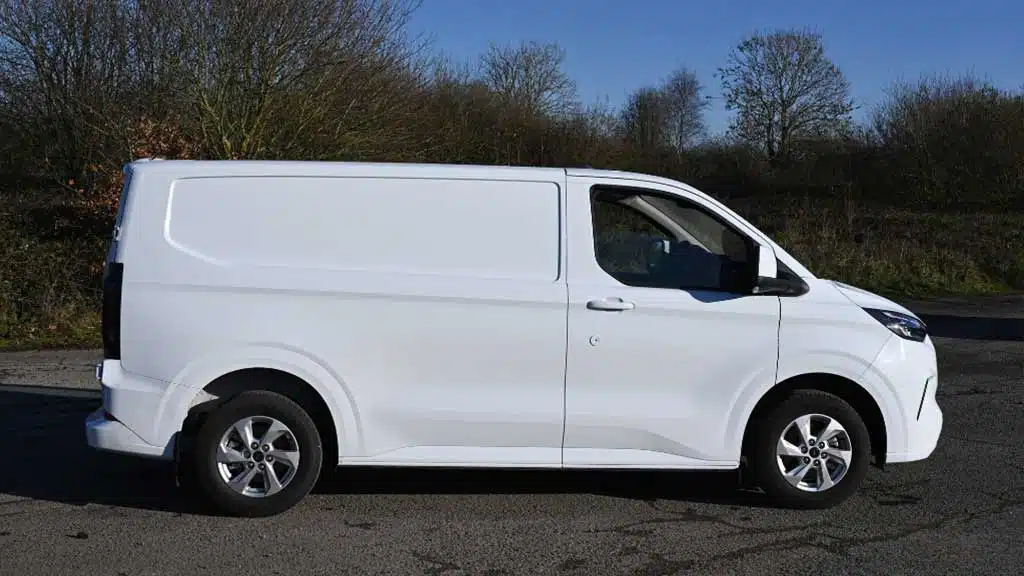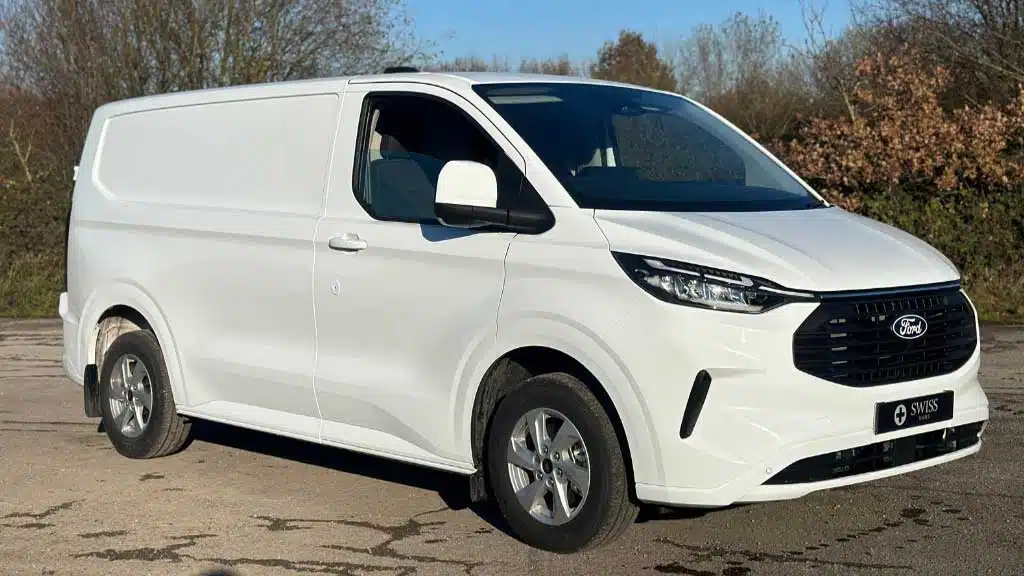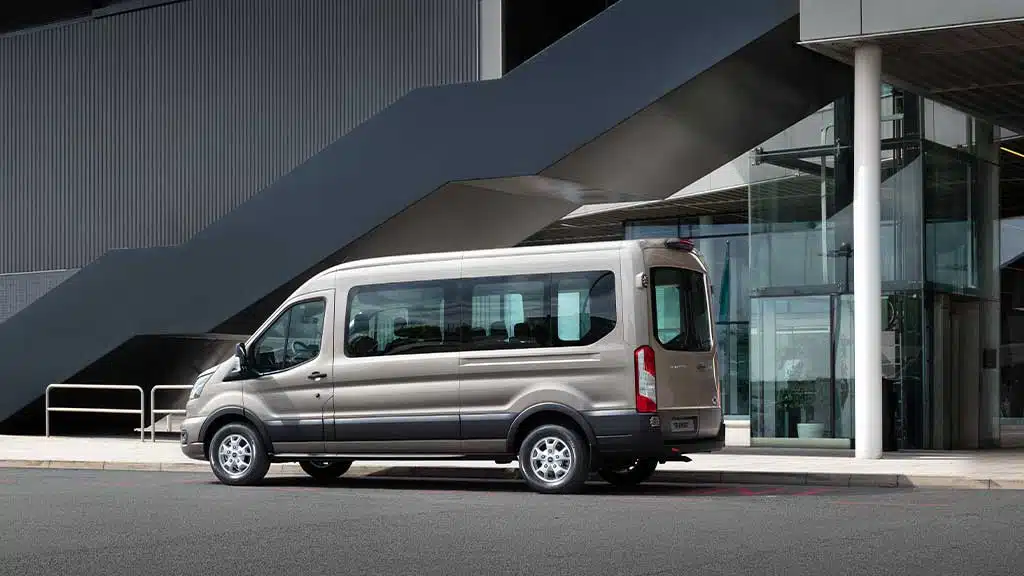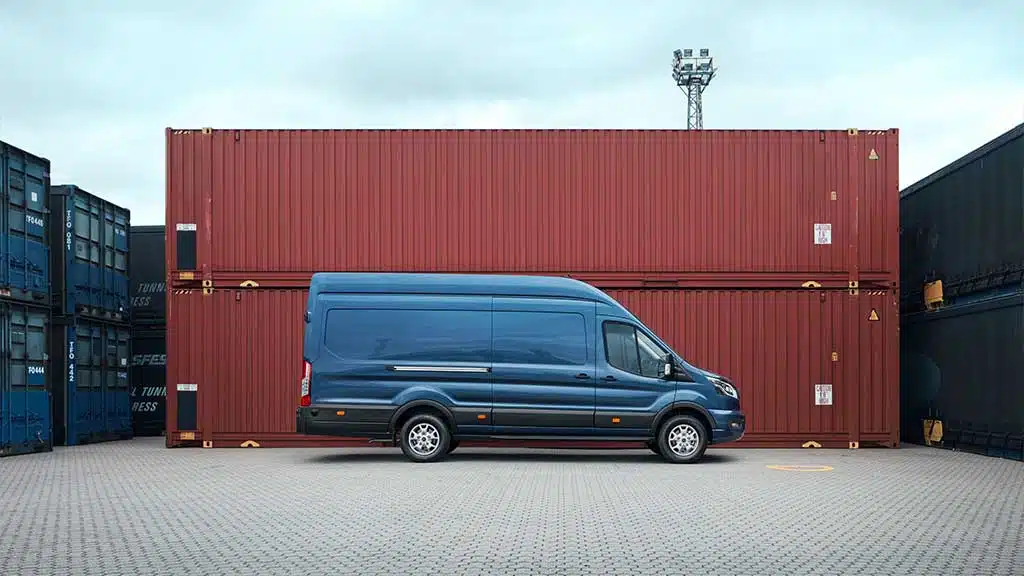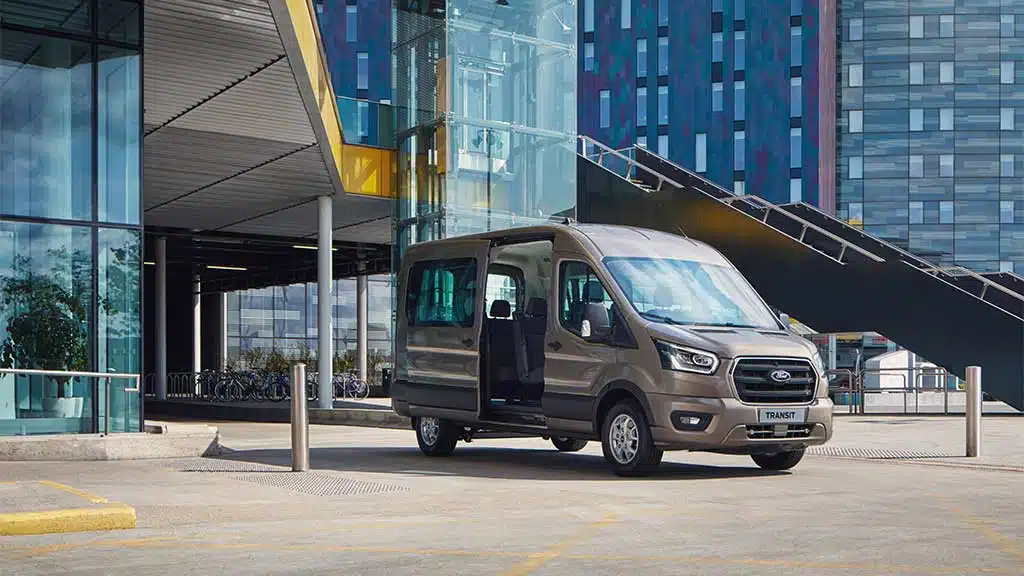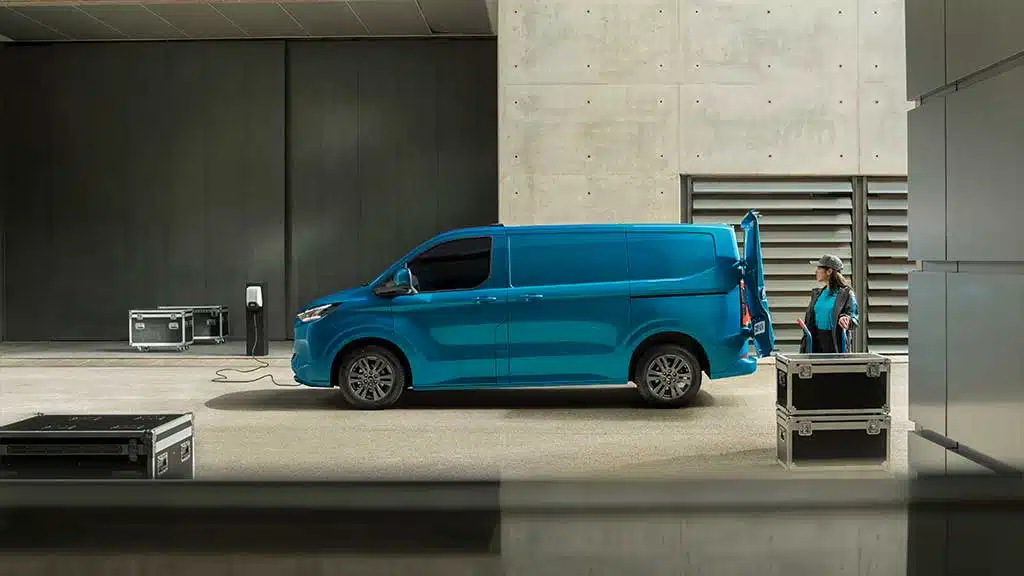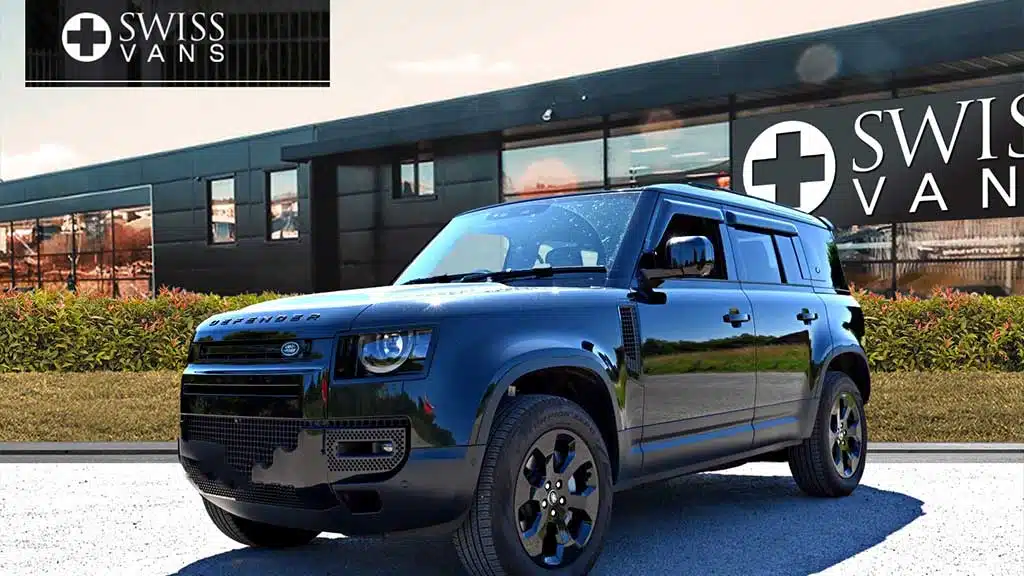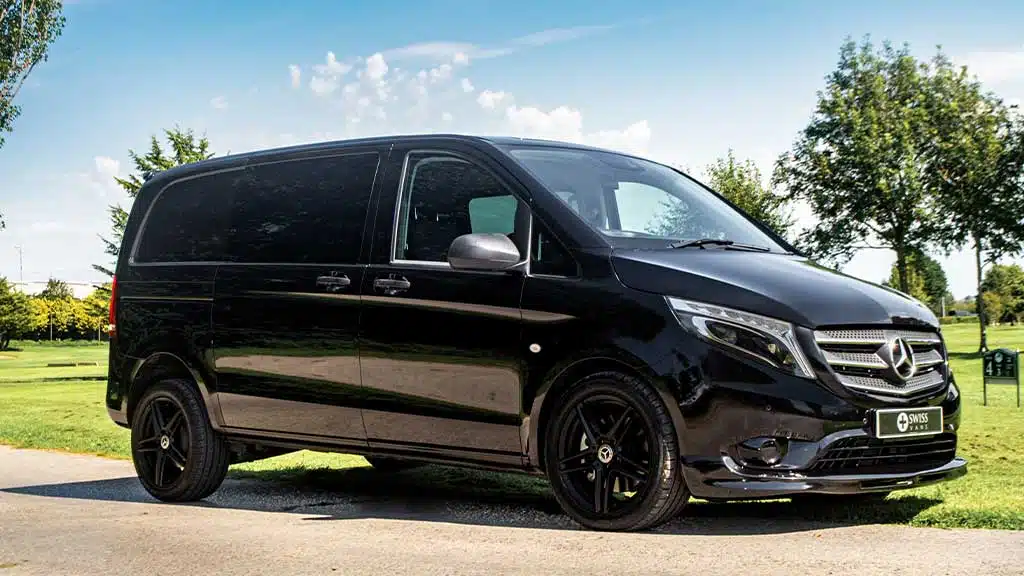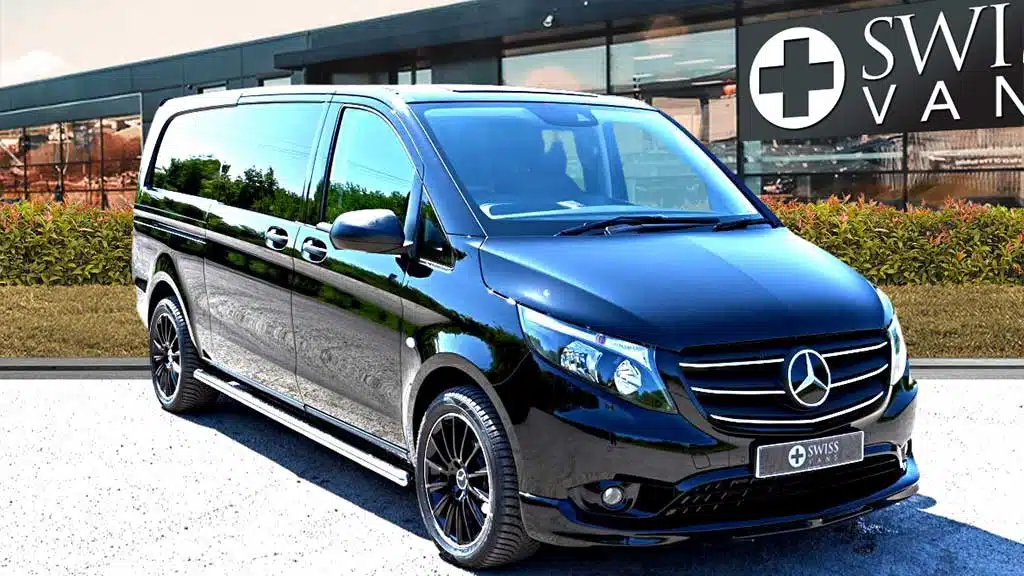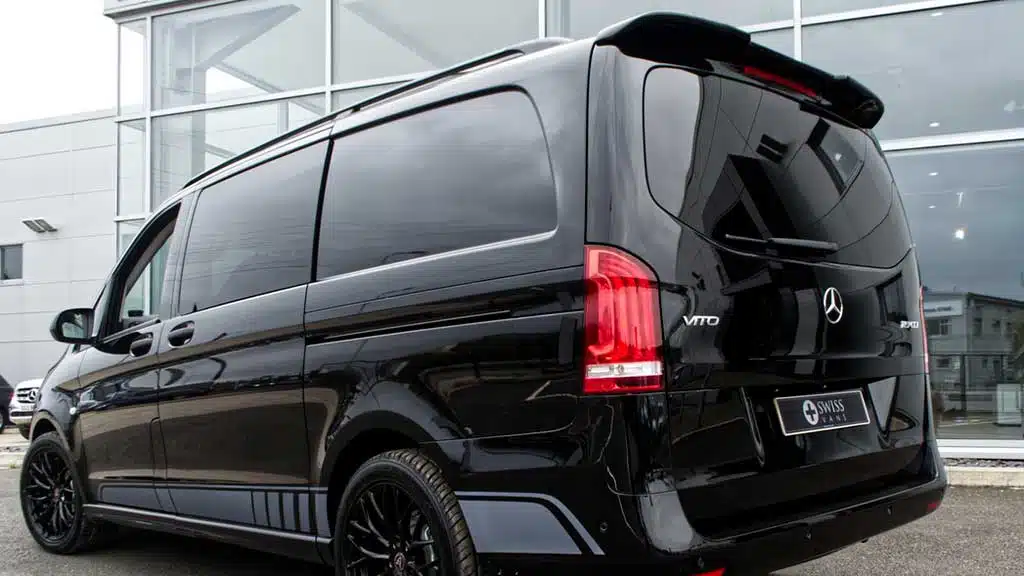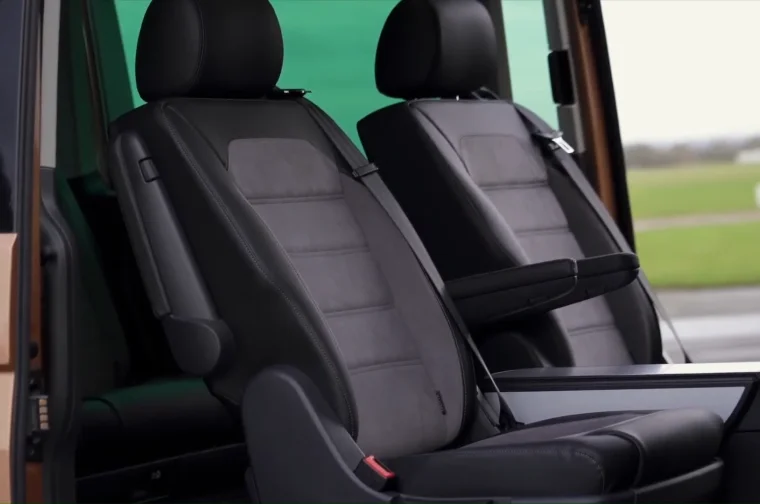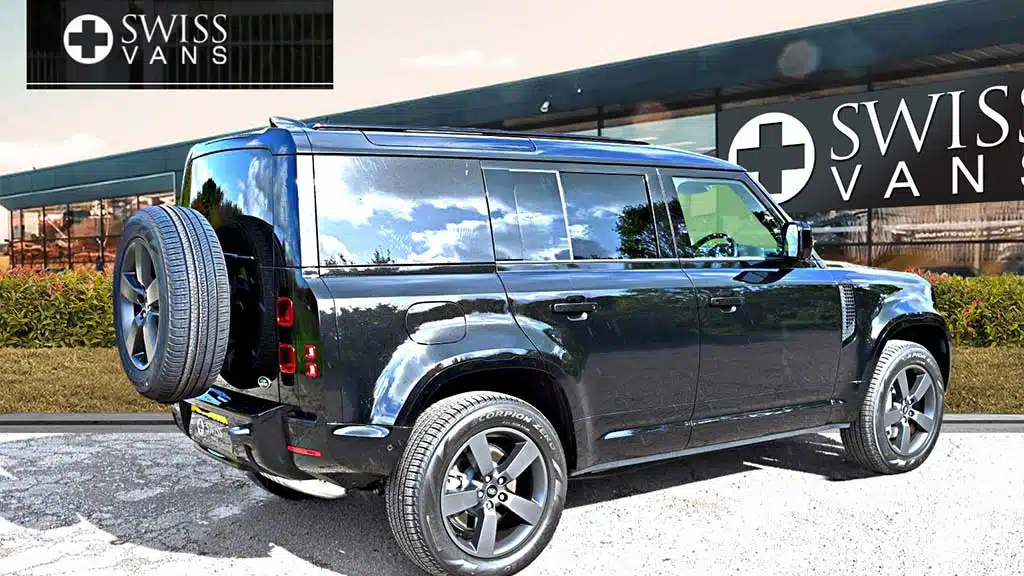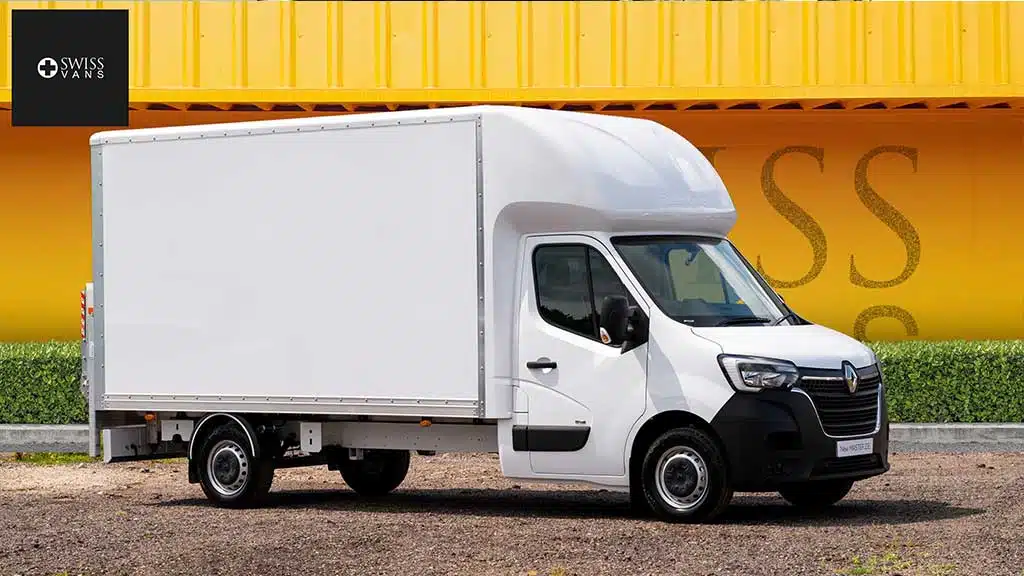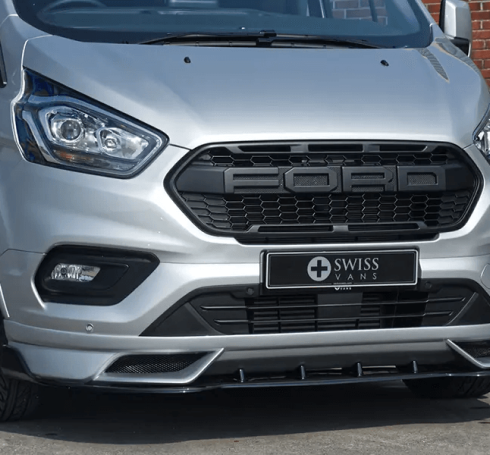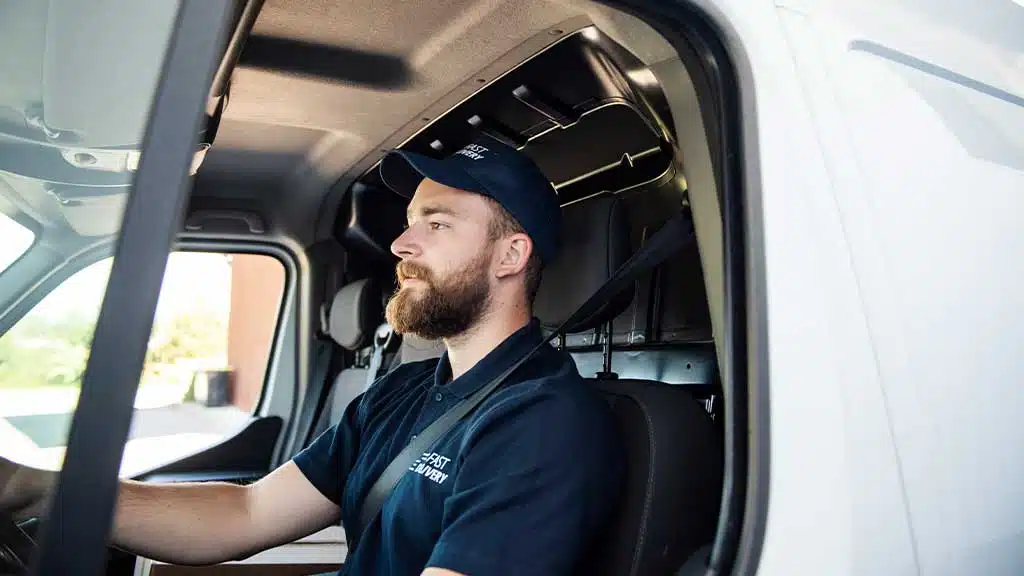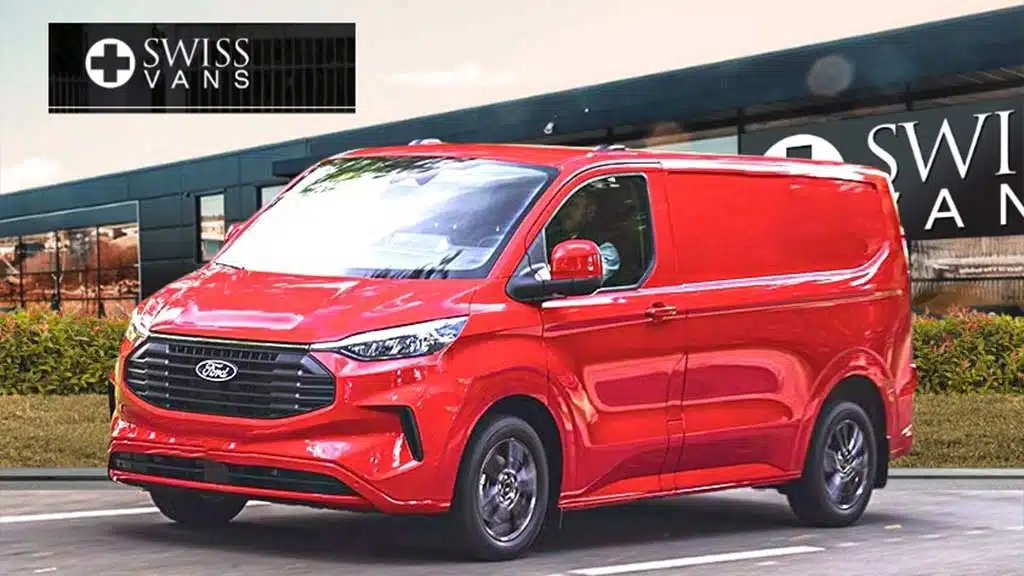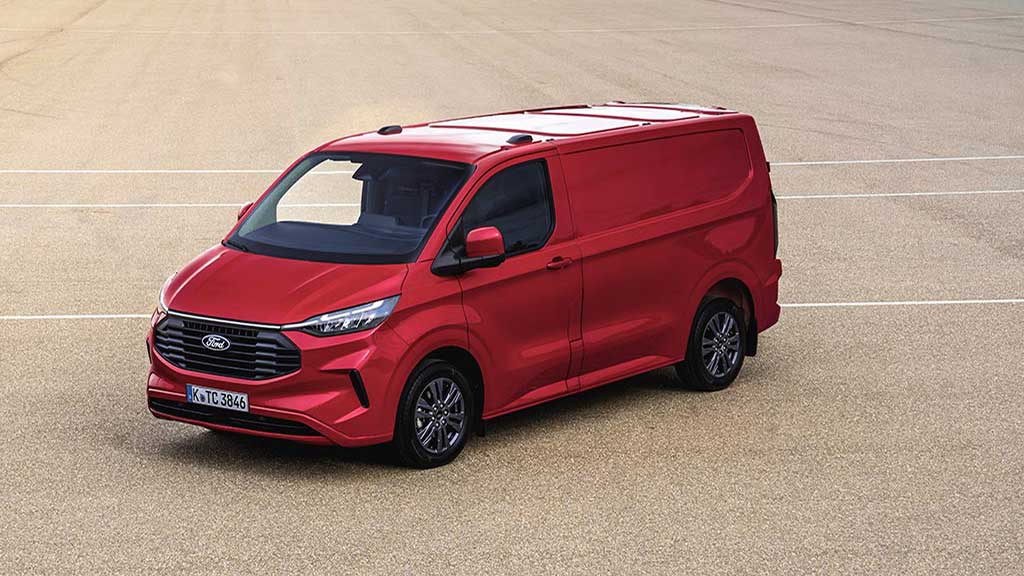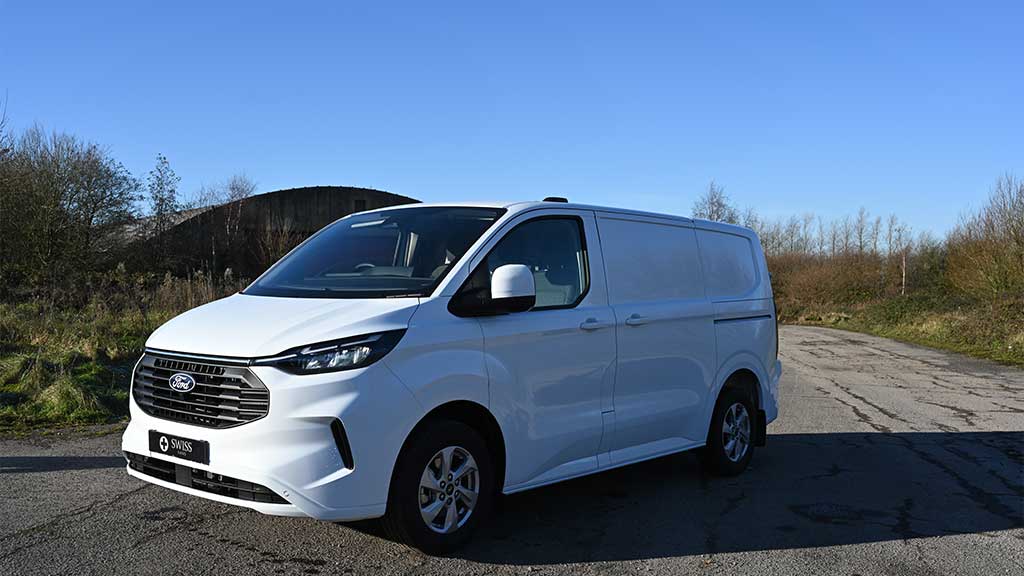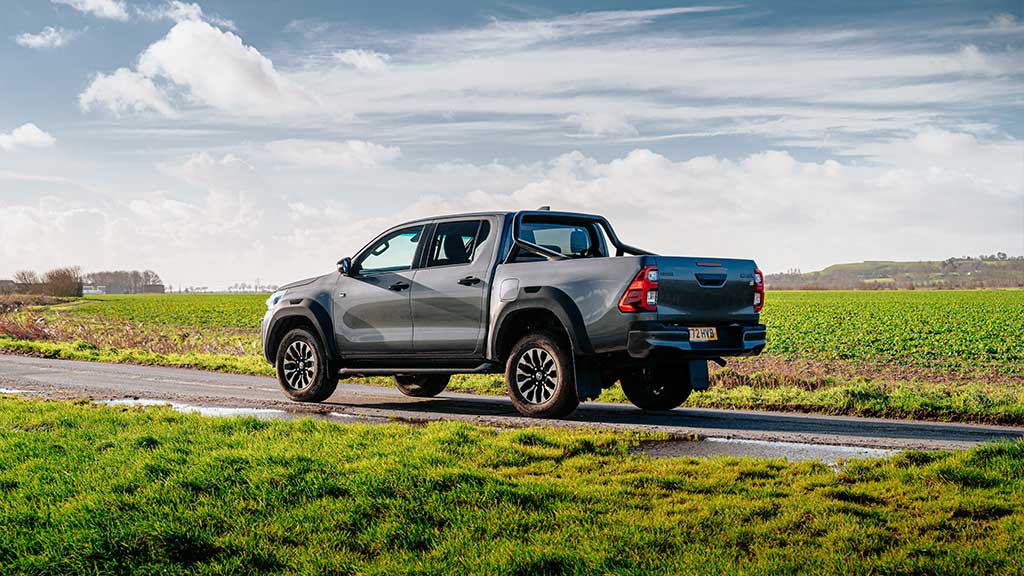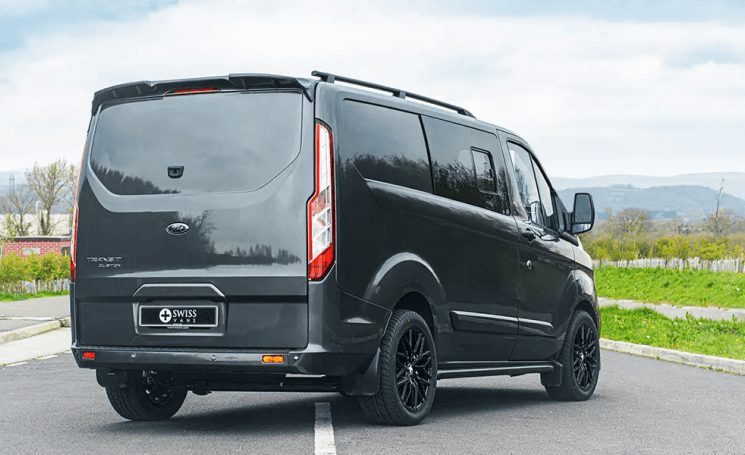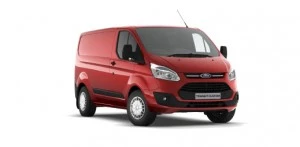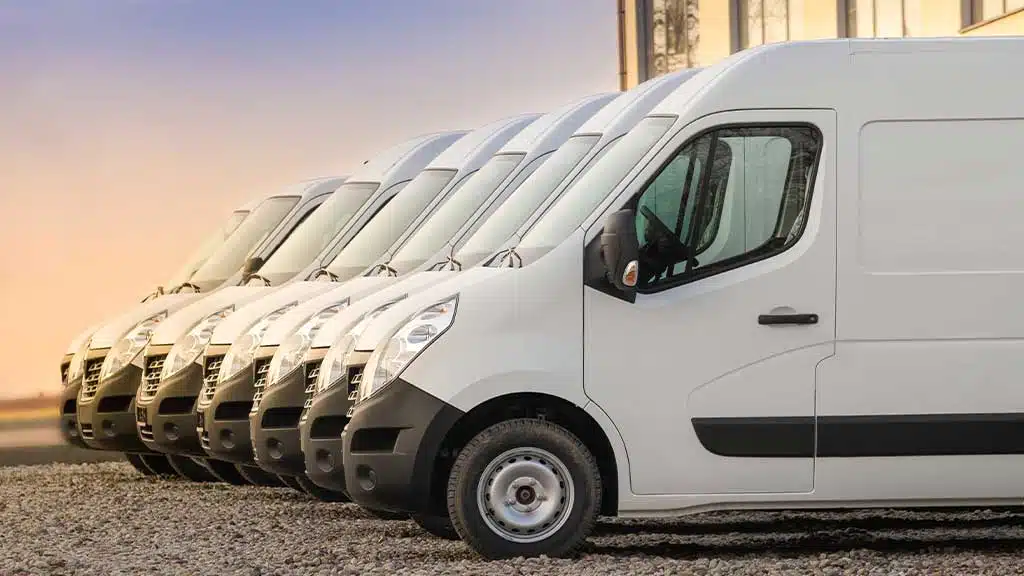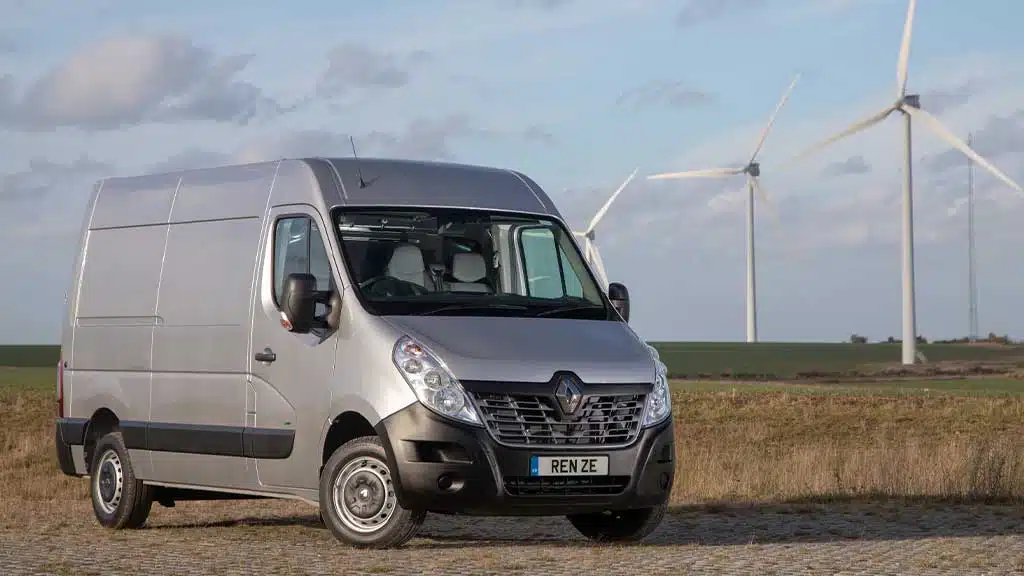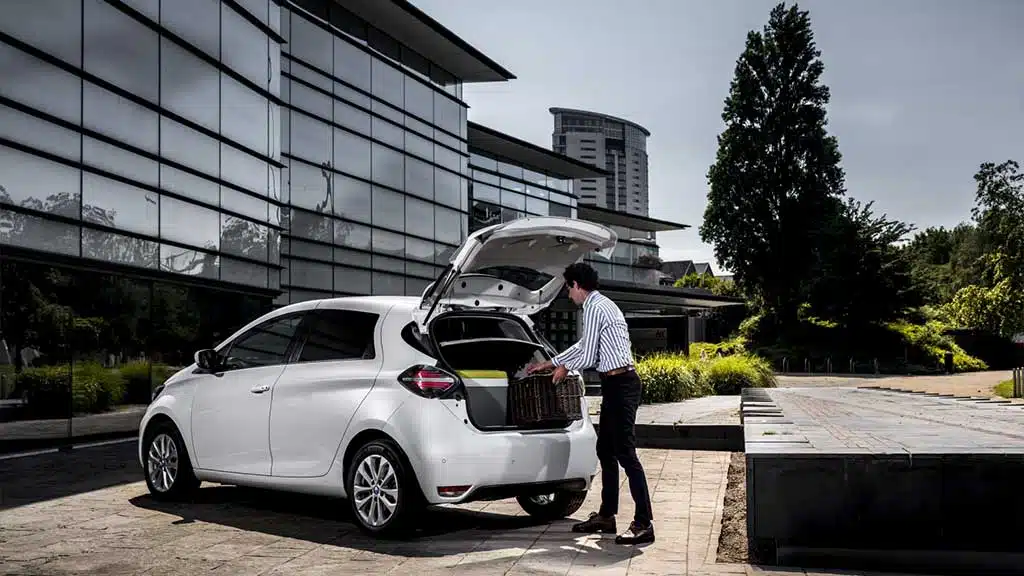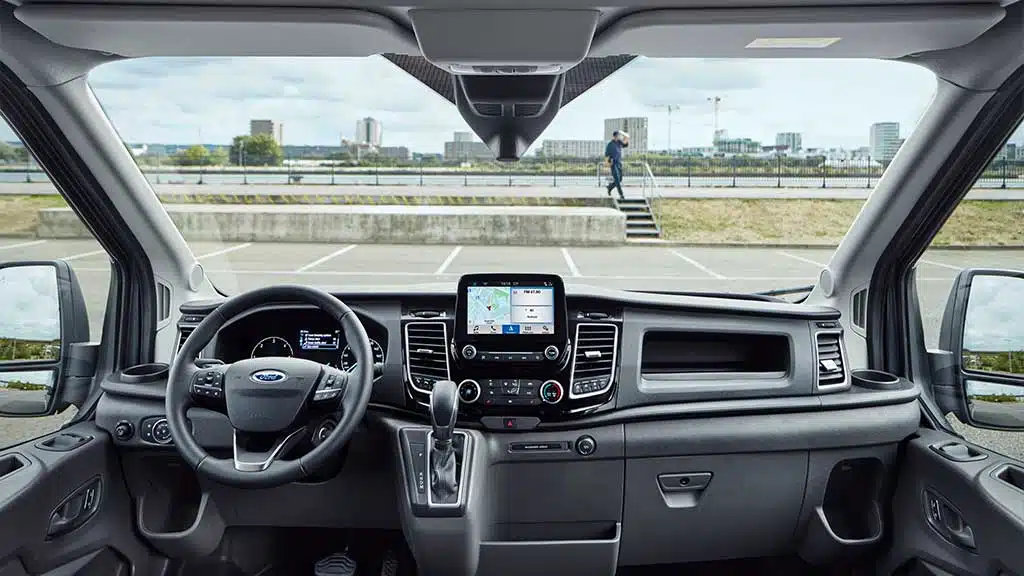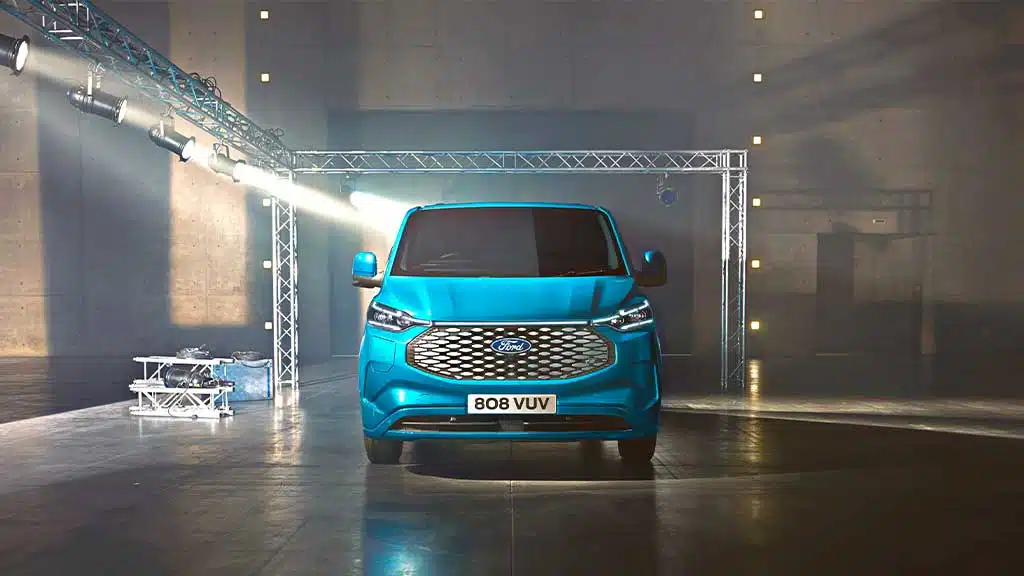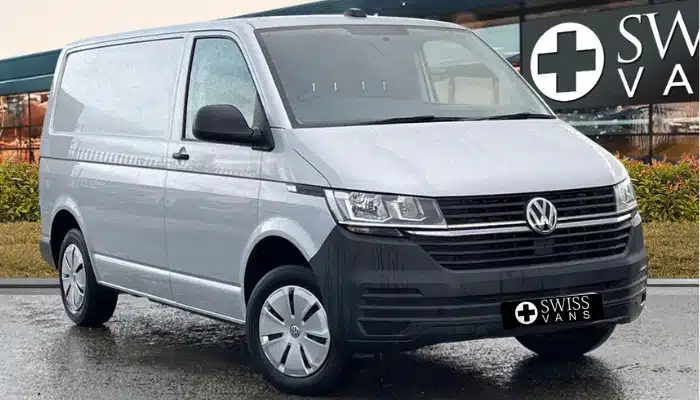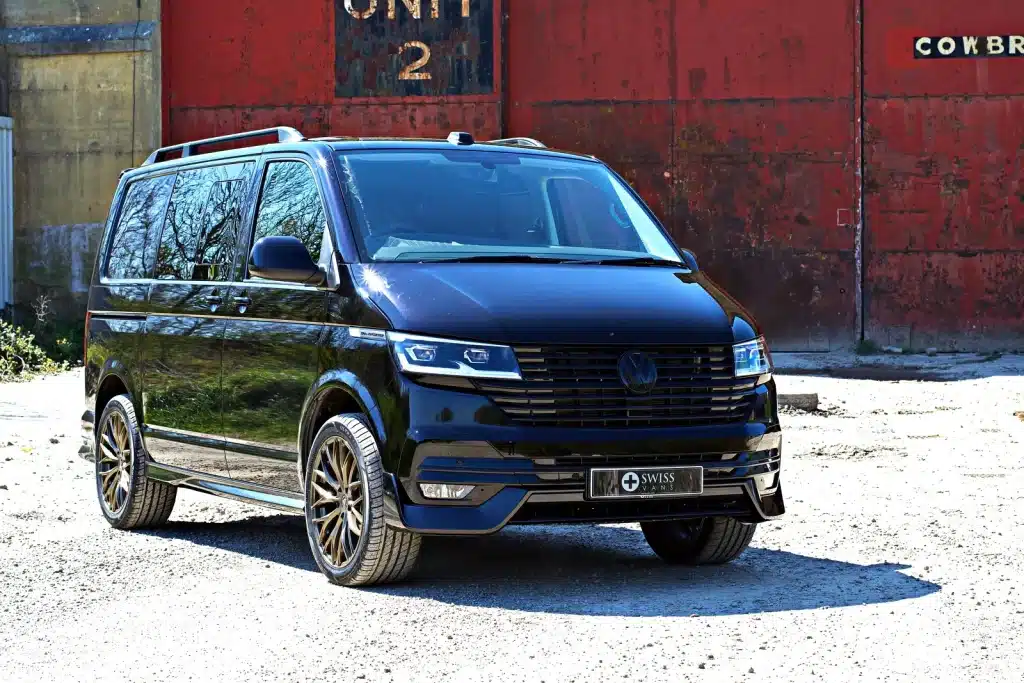As a commercial vehicle owner in the UK, there are certain responsibilities you must fulfill to ensure compliance with regulations, safeguard your finances, and protect your business interests. One of the most important of them is purchasing the right insurance coverage.
No matter if you’re a sole proprietor having a single van or a large business with a fleet of commercial vans, understanding the intricacies of commercial vehicle insurance is essential. In this article, we are providing a comprehensive overview of commercial vehicle insurance in the UK, legal requirements, types of coverage available, and more. So, let’s begin-
What is Commercial Vehicle Insurance?
As the name suggests, commercial vehicle insurance is exclusively designed to protect vehicles that are used for business purposes. Unlike insurance purchased for personal vehicles, commercial vehicle insurance covers risks associated with operating vehicles involved in commercial use, such as transporting goods or people, making deliveries, or offering services.
These insurance products are generally purchased for vehicles like vans, trucks, mini-busses, LGVs (Large Goods Vehicles), HGVs (Heavy Goods Vehicles), etc., that are commonly used for commercial applications.
Moreover, there are various types of commercial vehicle insurance policies based on factors such as the type of vehicle being insured, intended use, and size and scope of your business. For instance, a sole proprietor operating a single delivery van may require different coverage compared to a large logistics company managing a fleet of LGVs for long-haul transportation.
Is Commercial Vehicle Insurance Compulsory in the UK?
Under the UK’s Road Traffic Act (1988), it is mandatory for every motor vehicle on the road to have at least the minimum level of liability insurance required by law. This includes vehicles used for commercial purposes such as transportation, deliveries, and trades.
Uninsured vehicles can be fined up to £300 and the driver will also get 6 to 8 points on the license. Moreover, if the offense reaches the court, it could lead to additional penalties like driving disqualification and hefty fines. Thus, it is imperative for commercial vehicle owners in the UK to maintain proper insurance coverage at all times.
What are the Different Types of Commercial Vehicle Insurance Plans Available in the UK?
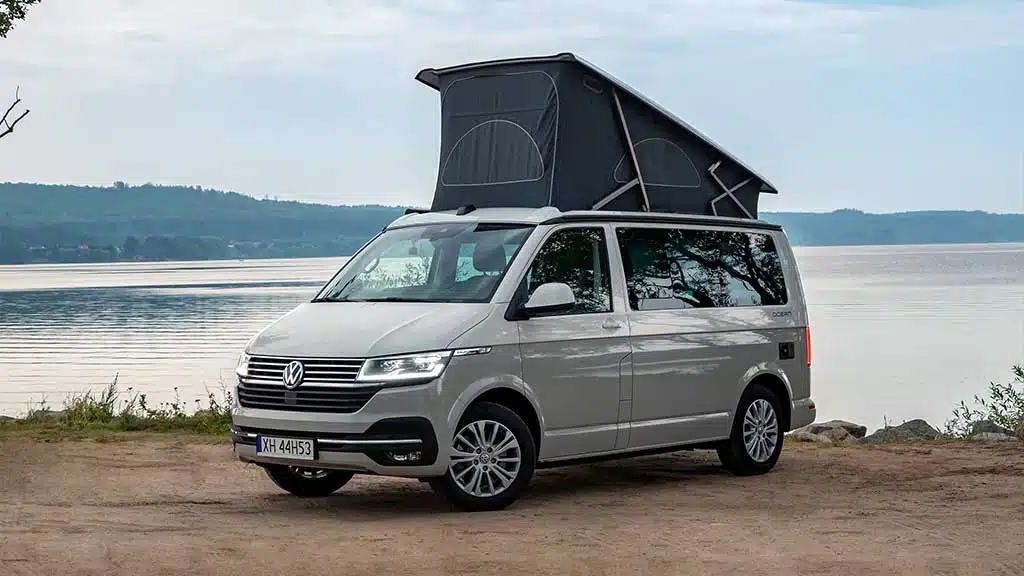
Various types of commercial vehicle insurance plans are available in the UK to meet the diverse needs of businesses. Three of the most common ones are- third-party, third-party fire and theft, and comprehensive insurance. Here’s a quick overview of these commercial vehicle insurance plans-
1. Third-Party Insurance
Third-party insurance or liability insurance is the minimum legal requirement for all the vehicles plying on the UK roads, including commercial vehicles. It offers basic coverage for damages and injuries sustained by third parties in accidents where the insured driver is at fault. Here are some highlights of third-party insurance for commercial vehicles-
- It covers bodily injury liability, including medical expenses, rehabilitation costs, and legal fees associated with injuries sustained by third parties in accidents caused by the insured vehicle.
- The third-party insurance also covers damages to third-party property, including vehicles, buildings, and other elements, caused by the insured vehicle.
- However, it does not cover damages to the insured vehicle itself. Thus, commercial vehicle owners must consider additional coverage options for added protection.
2. Third-Party Fire and Theft Insurance
Apart from everything that a third-party insurance policy covers, third-party fire and theft insurance also covers fire damage and theft. So, along with covering damages and injuries to third parties in accidents, this type of insurance also covers-
- Damages to the insured vehicle caused by fires, whether accidental or intentional.
- Theft of the insured vehicle, including parts and accessories, as well as damages resulting from attempted break-ins or thefts.
- While third-party fire and theft insurance does not offer the same level of protection as comprehensive insurance, it can be a cost-effective option for businesses looking for additional protection against specific risks.
3. Comprehensive Insurance
For enhanced safety against unforeseen events, businesses consider investing in comprehensive commercial vehicle insurance plans. They offer coverage for an extensive range of risks, including-

- Accidents- Covers damages to your vehicle resulting from collisions with other vehicles, objects, or stationary items.
- Theft- The insurance policy protects against vehicle theft, including parts and accessories.
- Fire- Offers coverage for damages caused by accidental and intentional fires.
- Vandalism- Comprehensive plans also cover damages caused by malicious acts of vandalism, such as graffiti, keying, or deliberate destruction.
- Natural Disasters- The policy protects against damages resulting from natural disasters such as storms, floods, or earthquakes.
- Personal Injury- Some comprehensive policies also include coverage for medical expenses and personal injury protection for the driver and the passengers traveling in the insured vehicle.
Apart from the three commercial vehicle insurance products discussed above, there are a few other types of insurance policies that you can consider for specific business needs. For instance, you can find collision insurance that covers damages to the insured vehicle in the case of a collision. Similarly, there is cargo insurance for businesses involved in transporting goods.
What are the Factors That Impact Commercial Vehicle Insurance Premiums?
Many factors influence the premiums of commercial vehicle insurance. Here are some of the most important ones-
Vehicle Type
The biggest factor that impacts insurance premiums is the type of commercial vehicle being insured. Heavier, larger vehicles such as HGVs generally incur higher premiums due to their higher replacement costs and increased potential for causing damage in the case of an accident.
On the other hand, smaller vehicles like vans or cars used for commercial purposes generally have lower insurance premiums.
Annual Mileage
The number of miles annually driven by the vehicle directly correlates with the risk of breakdowns or accidents. Vehicles that cover longer distances have a higher probability of getting into an accident, subsequently leading to higher insurance claims and higher expenses for the insurance provider.
As a result, commercial vehicles with higher annual mileage generally have higher premiums compared to ones with lower average annual miles.
Driving History

Another aspect that insurance providers take into consideration is the driving history of the insured driver to determine the level of risk they’ll pose. Drivers with a clean record are considered low-risk and may qualify for lower premiums.
However, drivers with a history of accidents or traffic violations are considered riskier and might have to pay higher insurance premiums.
Security Measures
Implementing effective security measures can help minimize the risk of theft or damage to commercial vehicles. Installing anti-theft devices like GPS trackers, alarms, etc., makes it more difficult for thieves to steal vehicles or their contents and reduces the risk of loss for insurers.
Insurers reward such security installations on commercial vehicles by reducing insurance premiums.
Claims History
The claims history of a business also has an impact on the insurance premiums. Insurers assesses the frequency and severity of previous claims to gauge the likelihood of future claims. Businesses with a history of frequent claims, be it due to accidents, theft, or other incidents are perceived riskier and may have to pay higher insurance premiums.
But if a business has a fairly clean claims history, it might qualify for lower premiums as they pose less risk to the insurers.
How to Find the Best Commercial Vehicle Insurance in the UK?
Here are some tips to help you choose the right commercial vehicle insurance-
Check Coverage Limits
Most businesses would want to go with the cheapest insurance policy. However, it is essential to check the coverage limit of the policy and compare it with the potential risks and needs of your business.
Before choosing, ensure you assess the value of your commercial vehicle, the nature of your business, and the potential financial implications of accidents or other incidents and try to strike a balance between affordability and adequate coverage.
Check Deductibles
The deductible is a certain amount the policyholder is responsible for paying while the rest is covered by the insurer in the event of a claim. So, a lot of businesses choose higher deductibles to reduce the insurance premiums.
But while higher deductibles can offer savings through lower premiums, it also puts you at more risk as the out-of-pocket expense will be higher in the case of an accident.
Review Policy Exclusions

Commercial vehicle insurance plans often include exclusions or limitations specifying what is not covered under the policy. Ensure that you review these exclusions carefully to understand the scope of coverage and avoid any surprises in the event of a claim.
By understanding these exclusions upfront, businesses can make informed decisions about their insurance coverage needs and address any gaps through supplemental policies if necessary.
Compare Quotes
It is recommended that you gather quotes from multiple insurance providers so that you can compare the available options and choose one that is both cost-effective and offers adequate coverage as per your requirements.
Thanks to the internet, you can easily gather quotes and even purchase insurance online. There are also dedicated insurance comparison tools online that you can use to easily compare the available options.
Commercial Vehicle Insurance Simplified
Now that you know all the basic details of commercial vehicle insurance, start comparing the top choices and make the right decision. Ensure that you choose a reputable insurance provider and thoroughly go through the policy documents before making the final decision.
If you’re looking to lease or purchase a van in the UK, Swiss Vans can help. With one of the widest networks of suppliers and manufacturers across the UK, we can fulfill your van requirements at the earliest and at the best prices. Contact us today to discuss your van requirements.



